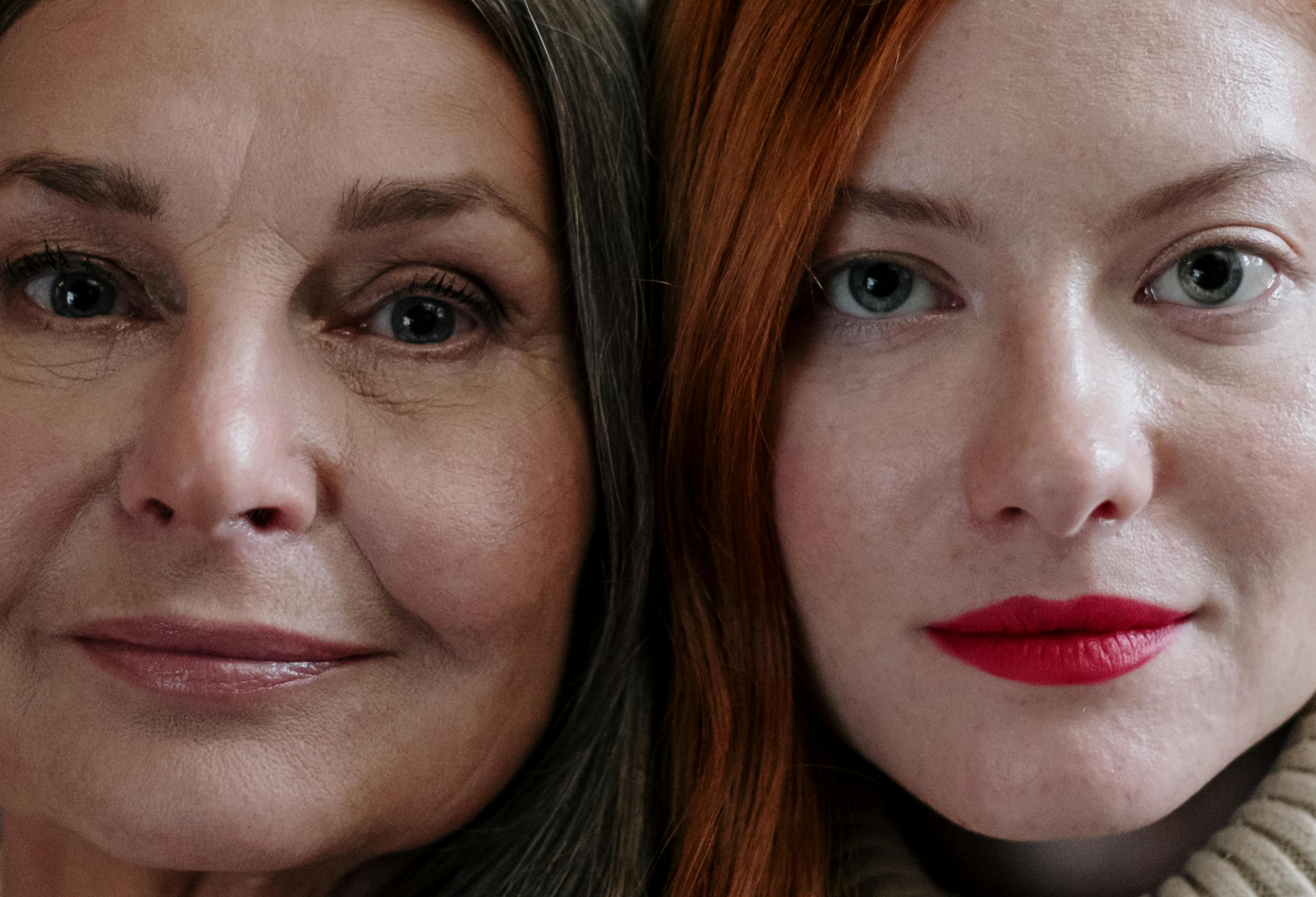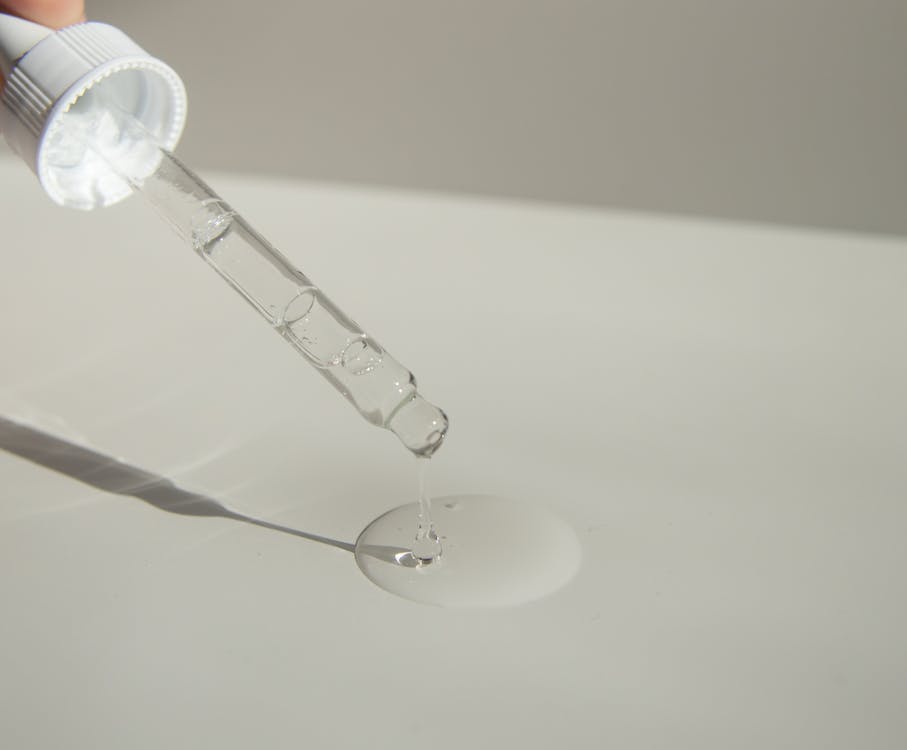Skincare Tips for Menopausal Skin: Addressing Changes in Hormones
Menopause brings a host of changes to a woman's body, and the skin is no exception. As hormone levels fluctuate, many women notice shifts in their skin's texture, moisture, and overall appearance. Understanding these changes and adjusting your skincare routine can help maintain healthy, vibrant skin during this transitional period.

Understanding Menopausal Skin Changes
Hormonal Impact
During menopause, estrogen levels decrease significantly. Estrogen is crucial for maintaining skin hydration, elasticity, and collagen production. As its levels drop, skin may become drier, thinner, and more prone to wrinkles and sagging.
Common Skin Issues
Dryness: Reduced oil production leads to dry, flaky skin.
Sensitivity: Skin may become more sensitive and prone to irritation.
Wrinkles and Sagging: Loss of collagen and elastin results in more pronounced wrinkles and sagging.
Hyperpigmentation: Hormonal changes can lead to dark spots and uneven skin tone.
Skincare Tips for Menopausal Skin
1. Hydration is Key
As skin loses moisture, it's essential to keep it hydrated. Use a gentle, hydrating cleanser that doesn't strip the skin of its natural oils. Look for moisturizers with ingredients like hyaluronic acid, glycerin, and ceramides to lock in moisture.
2. Incorporate Retinoids

Retinoids can help boost collagen production, improve skin texture, and reduce the appearance of fine lines. Start with a lower concentration to allow your skin to adjust and gradually increase as tolerated.
3. Sun Protection
Sun protection is crucial at any age, but it's particularly important during menopause when skin may be more sensitive and prone to damage. Use a broad-spectrum sunscreen with at least SPF 30 daily, and consider wearing protective clothing and hats when outdoors.
4. Gentle Exfoliation

Exfoliating helps remove dead skin cells and promotes cell turnover, giving your skin a fresh, radiant appearance. Choose gentle exfoliants, such as lactic acid or fruit enzymes, to avoid irritation.
5. Antioxidant-Rich Products
Antioxidants like vitamin C, vitamin E, and niacinamide can protect the skin from environmental damage and improve its overall health. Incorporate serums or moisturizers with these ingredients into your routine.
6. Maintain a Healthy Diet
A diet rich in fruits, vegetables, lean proteins, and healthy fats can support skin health. Omega-3 fatty acids, found in fish and flaxseed, are particularly beneficial for maintaining skin hydration and elasticity.
7. Stay Hydrated

Drink plenty of water throughout the day to keep your skin hydrated from the inside out. Herbal teas and water-rich foods like cucumbers and watermelon can also contribute to your daily fluid intake.
8. Manage Stress
Stress can exacerbate skin issues. Practice stress management techniques such as yoga, meditation, or deep breathing exercises to maintain a healthy mind and body.
9. Consult a Dermatologist
If you’re unsure about how to care for your skin during menopause, consider consulting a dermatologist. They can recommend personalized treatments and products based on your skin’s specific needs.
Recommended Skincare Routine for Menopausal Skin
Morning Routine:
Cleanser: Use a gentle, hydrating cleanser.
Antioxidant Serum: Apply a vitamin C serum to protect against environmental damage.
Moisturizer: Use a hydrating moisturizer with hyaluronic acid.
Sunscreen: Apply a broad-spectrum sunscreen with SPF 30 or higher.
Evening Routine:
Cleanser: Use a gentle cleanser to remove makeup and impurities.
Retinoid: Apply a retinoid product to boost collagen production.
Moisturizer: Use a rich, hydrating night cream.
Conclusion

Menopause can be a challenging time for your skin, but with the right skincare routine, you can manage these changes effectively. Focus on hydration, gentle exfoliation, and protection from environmental damage. By understanding and addressing the specific needs of menopausal skin, you can maintain a healthy, glowing complexion.
For more personalized advice, don't hesitate to consult with a skincare professional or dermatologist. They can provide tailored recommendations to help you navigate this transition smoothly.

 Cricket Score Counter
Cricket Score Counter Heads or Tails
Heads or Tails
You have not logged in, please Login to comment.